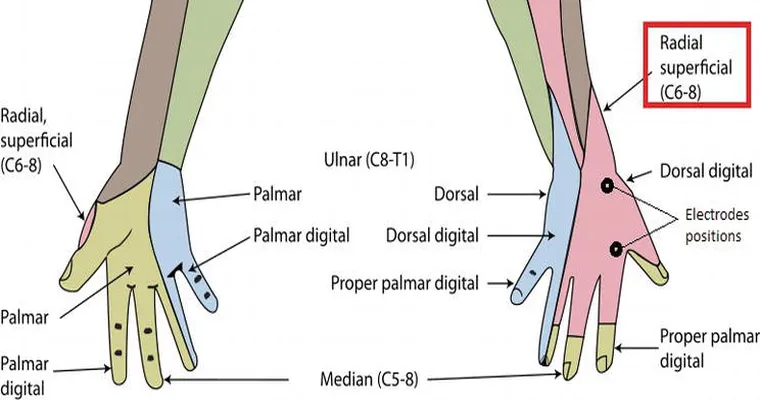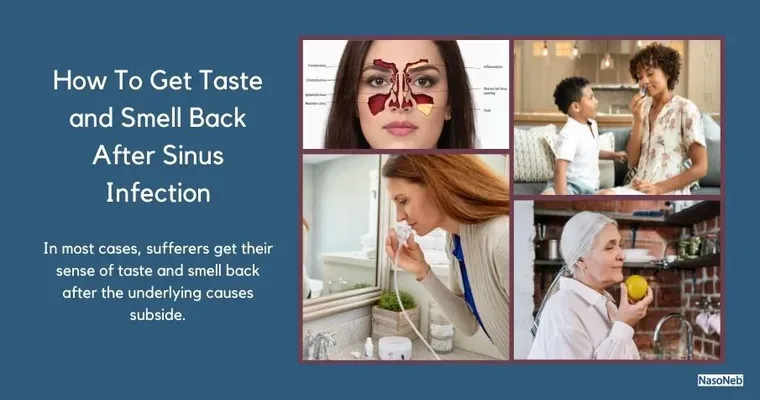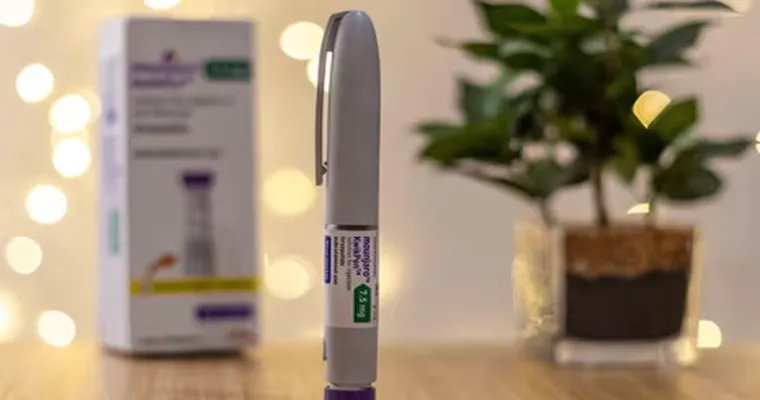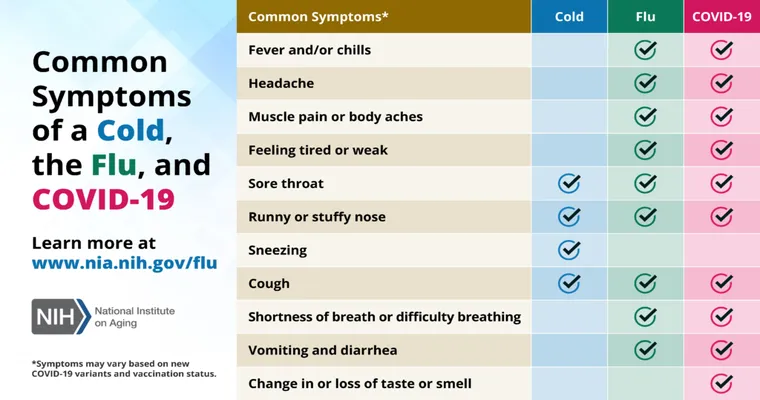Experiencing "no taste" can be a frustrating and concerning issue for many individuals. This condition, often referred to as "taste dysfunction", can significantly affect your enjoyment of food and beverages. Understanding the underlying reasons for your loss of taste, as well as potential remedies, is essential for regaining your palate and overall quality of life.
One of the most common causes of "no taste" is a "viral infection". Conditions like the common cold or flu can lead to temporary taste loss. Additionally, illnesses such as COVID-19 have been widely reported to cause sudden changes in taste and smell. In these cases, the recovery of taste typically follows the resolution of the illness.
Another potential reason for experiencing "no taste" is "medication side effects". Some pharmaceuticals, particularly those used to treat high blood pressure, allergies, or depression, can alter your sense of taste. If you suspect your medication is the culprit, consult with your healthcare provider to explore alternative options.
Oral health issues may also contribute to taste dysfunction. Conditions such as "gum disease", oral infections, or even poor dental hygiene can affect your taste buds. Regular dental check-ups and maintaining good oral hygiene can help mitigate these effects and restore your taste sensation.
Nutritional deficiencies, particularly a lack of "zinc" or "vitamin B12", can lead to a diminished sense of taste. A well-balanced diet rich in essential nutrients is crucial for maintaining healthy taste function. If you suspect a deficiency, consider incorporating foods high in these vitamins or consult a nutritionist for personalized advice.
In some cases, the loss of taste may be linked to "neurological conditions". Disorders such as Alzheimer’s disease or Parkinson’s disease can impact sensory perception, including taste. If you notice a persistent change in your taste, it might be worth discussing with a specialist for further evaluation.
To address "no taste", consider trying the following remedies:
1. "Hydration": Staying well-hydrated can help improve overall sensory function.
2. "Spices and Flavors": Experimenting with stronger flavors, such as spicy or sour foods, may stimulate your taste buds.
3. "Nutritional Supplements": If deficiencies are suspected, appropriate supplements can aid in restoring taste.
4. "Consult a Professional": If your loss of taste persists, seeking advice from a healthcare provider or an ENT specialist is advisable.
In conclusion, experiencing "no taste" can stem from various causes, ranging from temporary illnesses to more chronic conditions. Identifying the underlying issue is crucial for effective management and recovery. By understanding the factors contributing to taste dysfunction and exploring potential solutions, you can work towards reclaiming your enjoyment of food and enhancing your overall well-being.





